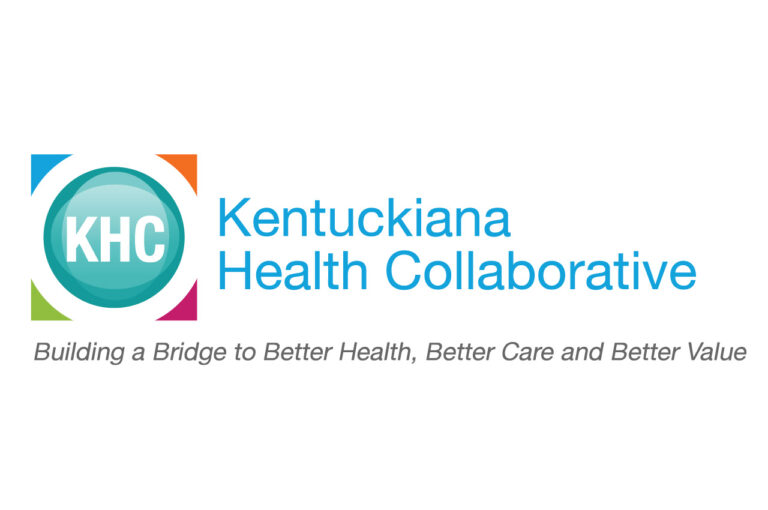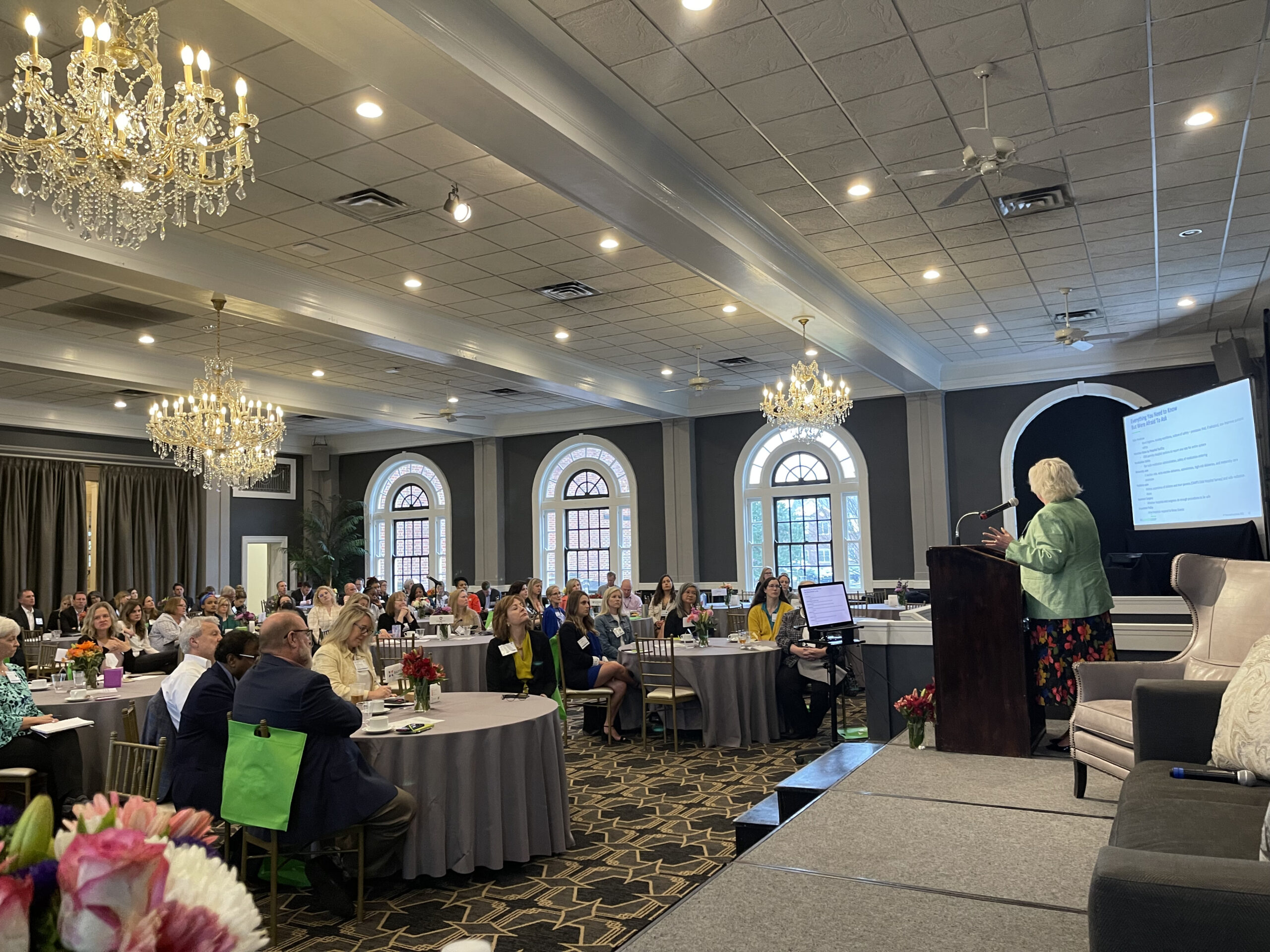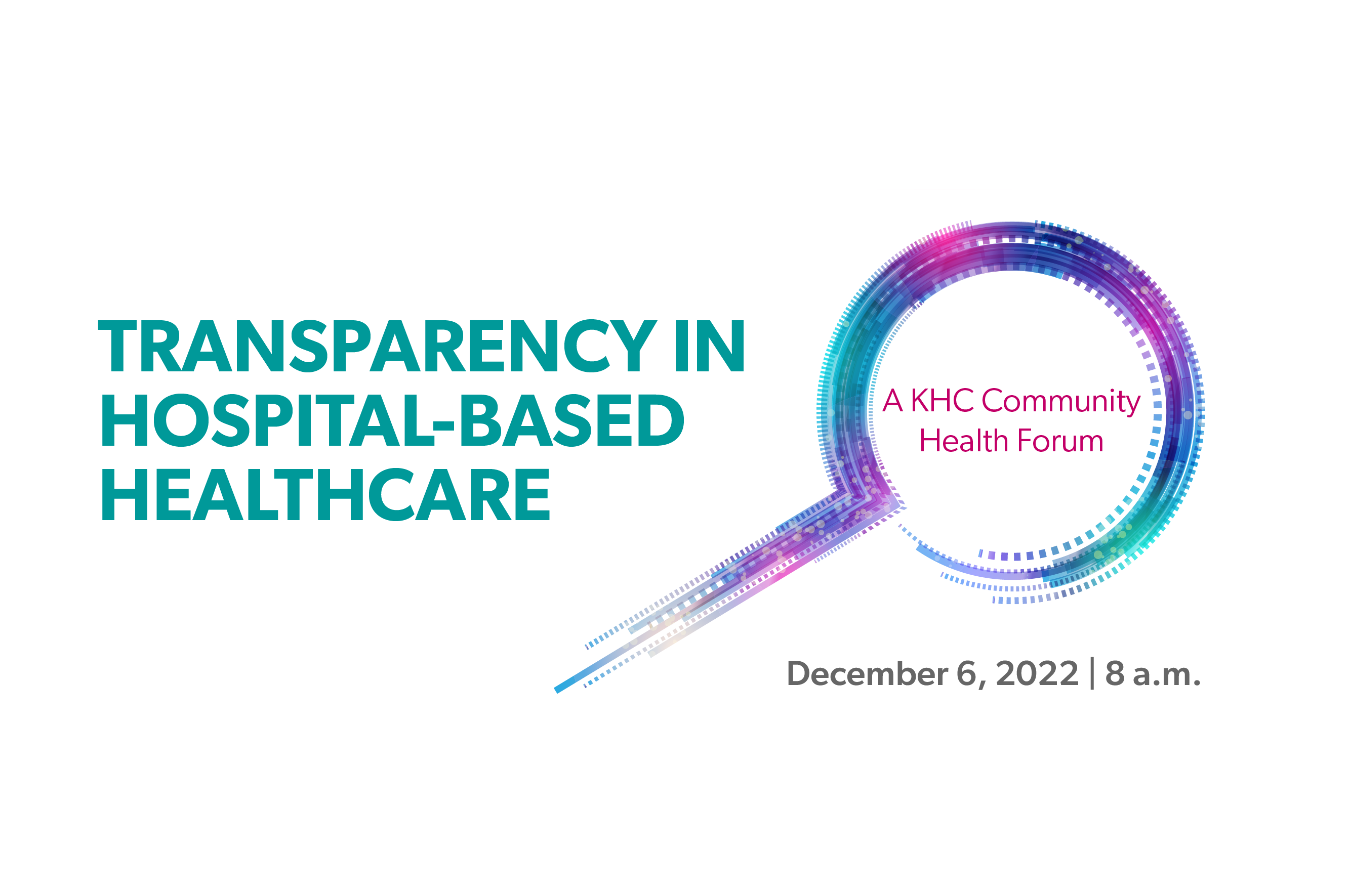 Last week, the Kentuckiana Health Collaborative (KHC) convened a group of employers and experts at the LG&E/KU Cane Run Power Plant to discuss the needs, goals, and challenges facing employers as they address opioid use disorder (OUD) in their workforces. The event was conceptualized as a focus group to guide the development of the KHC’s newest project as part of the Kentucky Opioid Response Effort (KORE). With an expected release date of April 2019, the KHC is developing a toolkit for employers in implementing best practices for supporting prevention, treatment, and recovery from OUD in the workplace.
Last week, the Kentuckiana Health Collaborative (KHC) convened a group of employers and experts at the LG&E/KU Cane Run Power Plant to discuss the needs, goals, and challenges facing employers as they address opioid use disorder (OUD) in their workforces. The event was conceptualized as a focus group to guide the development of the KHC’s newest project as part of the Kentucky Opioid Response Effort (KORE). With an expected release date of April 2019, the KHC is developing a toolkit for employers in implementing best practices for supporting prevention, treatment, and recovery from OUD in the workplace.
Attendants of the focus group were carefully chosen. It was important that the discussion represented multiple perspectives dependent on the size, industry, and status of OUD initiatives of employers. Experts were brought in to provide technical expertise and give additional insight. The conversation was broken up into five domains: key metrics for evaluation, prevention, benefit design, treatment, and recovery. For each domain, our conversation was shaped by identifying goals, challenges, pertinent information for the toolkit, and any knowledge of best practices.
The focus group revealed many outstanding themes. First and foremost, there was a resounding amount of enthusiasm and recognition from employers in their role to address OUD not only in their employees, but in their communities. This was especially true when discussing prevention efforts. Another prominent point was the importance of building a culture of wellbeing and trust within the workplace. By doing so, prevention, treatment, and recovery among employees could be supported. A component of this culture would be innovation, particularly around mitigating the many barriers than often arise for employees in accessing treatment and maintaining recovery. Insurance coverage that is friendly towards virtual treatment options, Medication Assisted Treatment (MAT), defined treatment guidelines, and affordable deductibles was repeatedly addressed. Employers also recognized the importance of data and insurance benefit design in tackling this issue. Addressing OUD in the workplace will be a individualized process, as many barriers exist in implementing these changes and these barriers vary based on each employer’s demographics and capabilities. Despite this, the willingness of employers to engage in such a vibrant and transparent conversation left many of the group’s participants filled with hope and excitement for their organization’s future.
In conjunction with evidence-based research, information collected from this discussion will guide the development of the KHC’s employer toolkit. The KHC will continue to convene employers during our monthly Worksite Addiction Meetings. If you are an employer who is interested in joining this group or would like to share your perspective, please contact me at nmiddaugh@khcollaborative.org.






